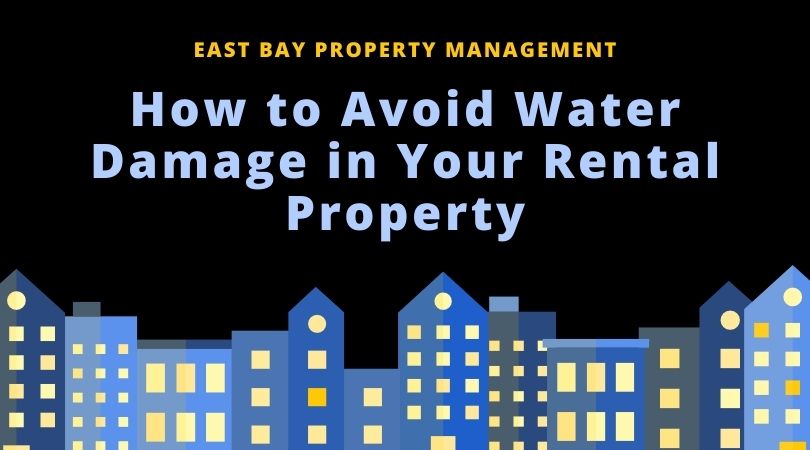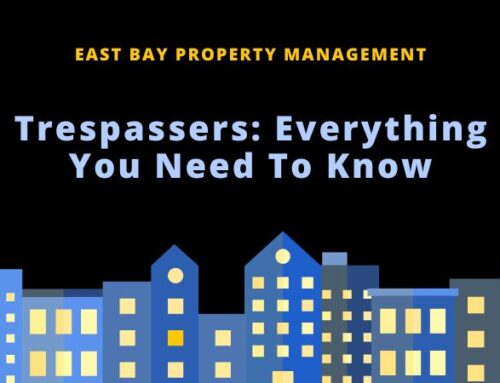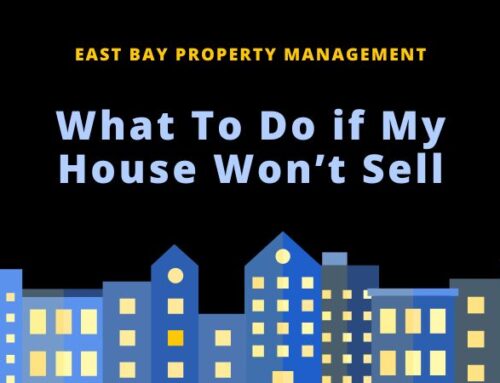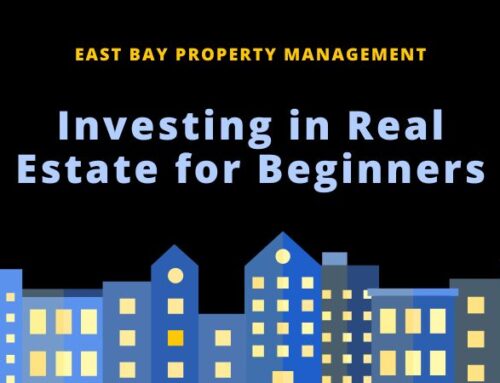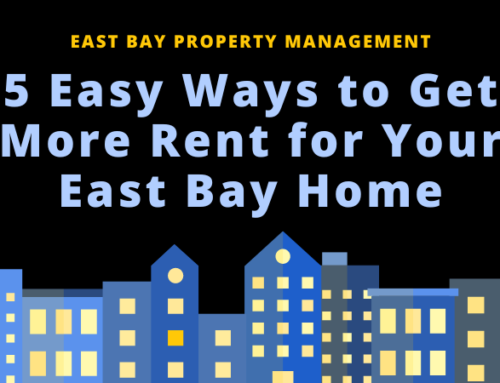In the United States of America, about 4 in every 10 homeowners will experience some form of water damage in their lifetime. And from burst pipes and leaky roofs to serious rainstorms and hurricanes, it comes in different forms.
The good news, though, is that most water damage is preventable.
What are the Common Causes of Water Damage?
Time is usually of the essence when it comes to finding water damage and stopping it at its source. While some signs may not be obvious, it’s critical to act fast when you suspect water leakage.
As a landlord, you’ll most likely need to hire expert plumbing services in order to properly diagnose the problem.
The following are the common causes of water damage.
- Improperly functioning plumbing fixtures
- Improperly functioning appliances
- Aged or damaged supply hoses
- Clogged downspouts and gutters
- Blocked, burst or leaking pipes
- Tree roots
- Backup of sewage
- Improperly insulated pipes
- Pressure build-up due to blocked appliances or garbage disposal
What are the Telltale Signs of Water Damage in My Rental Property?
The following are some of the things that can indicate water damage in your home.

- Mold or mildew that won’t go away even after being cleaned
- Stained ceilings
- Cracking walls
- Blistering paint
- Buckling of wood floors
- Water pooling on floors
- Pooling water or puddles
- Swelling of the drywall
- Sounds of dripping water
What Can You Do to Prevent Water Damage?
The following are proven tips on how you can avoid water damage in your rental property.
Get Insured Against Water Damage
The standard landlord insurance policy won’t provide sufficient cover against water damage. As such, you’ll need to add additional coverage that’s specific to water damage. In most cases, such policies cover water damage hazards such as toilet problems, plumbing failures, and burst pipes.
Most policies, however, won’t cover water damage that occurs due to floodwaters or negligence on your part.
Require Tenants to Have Renter’s Insurance
You have a right to require tenants to carry a renter’s insurance prior to renting your home. And while it isn’t required by law, it can be beneficial to both you and your tenant.
Basically, a renters insurance helps protect a tenant’s belongings from loss, damage, or destruction following situations like fires, burglaries, or water damage.
For example, if your tenant forgets to turn off a water faucet and their belongings get damaged, renter’s insurance will compensate them. For you, this would mean fewer out-of-pocket expenses.

The average cost of renter’s insurance in the U.S. is $168.
Let Your Tenant Know of Their Maintenance Responsibilities
After signing the lease agreement, both you and your tenant will obtain a certain list of responsibilities. On your part, you’ll have an obligation to respond to needed or requested maintenance issues promptly, among other things.
On your tenant’s part, they will have a responsibility to:
- Notify you of maintenance issues as soon as they become aware of them
- Keep their unit clean and sanitary at all times
- Keep all plumbing fixtures clean
Preferably, let them know of such responsibilities prior to signing the lease agreement. This will help them know what they are getting themselves to early on.
Respond to Maintenance Issues Promptly
This is key!
Every once in a while, your tenant will have a maintenance issue that requires your help. When they reach out to you, show them you care about their wellbeing by responding to their request as promptly as possible.
When responding, make sure to respect their privacy by not barging in unannounced. California privacy laws require that landlords provide their tenants with “reasonable notice” prior to entry. Also, always make sure you’re renovating the property when necessary to avoid unnecessary maintenance issues.
Inspect Your Property on a Routine Basis
This can greatly help you reduce the risk of water damage to your rental property. The following are some of the items that should be in your inspection checklist.

- You’ll want to clean these every once in a year in order to get rid of any build-up of debris and dirt. You may also want to angle them downwards to allow proper drainage of water.
- Extend downspouts so that they are as far away from your property as possible. The whole point of doing this is to prevent flooding around your home. And while at it, make sure to also check downspouts for damage and broken parts.
- A properly graded yard is important for proper flow of rainwater. Without a proper grading, water can quickly build up on level ground during a heavy downpour.
- You’ll also want to check the condition of your roof. Don’t wait until you notice signs of damage so as to inspect it. Instead, check it at least once every year. Fix things like missing shingles, moss and algae roof, and damage around chimneys or skylights.
- Check the seals around windows. Are they cracked? If so, repair them properly.
- Sump Pump. Sump pumps serve an important role in a home; they protect your home from flooding. Even if your home isn’t located in a flood prone zone, a sump pump may help keep your home foundation dry during the wet seasons. Regularly check the sump pump for damage after installation. If you don’t, persistent dampness in the basement area may lead to issues.
- Wall Cracks. During your routine inspections, go round the property and examine the walls for cracks. Cracks on walls may provide an entryway for water.
Hire a Property Management Company
A property management company does exactly that – manage properties on behalf of property owners. And that may entail inspecting the property regularly, filling rental vacancies, collecting rent, and more!
Bottom Line
Water damage can cost you thousands upon thousands of dollars. But luckily for you, with these tips, water damage will now be the least of your worries. Also, partnering with East Bay Property Management can help ensure your home is cared for, filled with a great tenant, and your ROI maximized.

